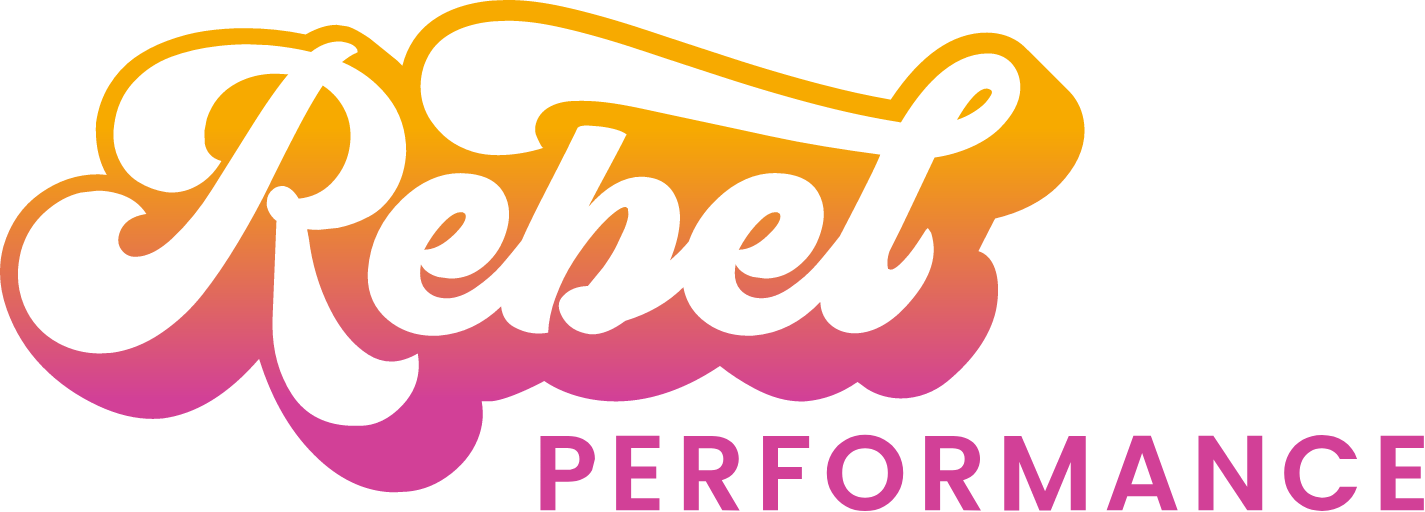When water just isn't enough - Everything you need to know about electrolytes.
Staying hydrated is essential, especially if you’re active. But if you've ever hit a wall during a workout despite drinking plenty of water, there’s a good chance your body needed more than just H₂O. It needed electrolytes. These charged minerals play a crucial role in performance, recovery, and overall wellness. Below, we’ll unpack what electrolytes are, why they matter, and how to keep your levels in check.
What Are Electrolytes?
Electrolytes are minerals that carry an electrical charge and are found in your blood, sweat, and urine. The most important ones for physical performance include sodium, potassium, calcium, magnesium, chloride, phosphate, and bicarbonate. They help your body maintain fluid balance, support muscle contractions (including your heartbeat), send nerve signals, and regulate pH levels.
Even a small imbalance can throw off how your body functions. Muscle cramps, fatigue, headaches, or dizziness may all point to a shortage of key electrolytes.
Why Water Alone Doesn’t Always Cut It
While water is great for hydration, it doesn’t replace the electrolytes lost when you sweat. During intense or prolonged activity—especially in hot or humid conditions—you can lose significant amounts of sodium and potassium. If you're only replenishing with plain water, it can actually dilute the electrolyte levels in your blood further. This can lead to symptoms like weakness, cramps, and confusion. In extreme cases, it can cause a condition called hyponatremia, where sodium levels drop too low.
When Should You Replace Electrolytes?
You don’t need to load up on electrolytes for every short walk or light gym session. But when you’re doing long or high-intensity workouts, training in heat, or sweating heavily, electrolyte replacement becomes more important. Endurance athletes, high-intensity interval trainers, outdoor laborers, and people recovering from illness (especially if dehydrated from vomiting or diarrhea) all fall into this category. Even people on low-carb diets may need more electrolytes, since they lose more sodium through urine.
Natural Sources of Electrolytes
You can get electrolytes from more than just sports drinks. A balanced diet with whole foods often provides what your body needs. Sodium is found in table salt, broths, and pickled foods. Potassium shows up in bananas, sweet potatoes, and avocados. Calcium comes from dairy, leafy greens, and almonds. Magnesium is present in foods like spinach, pumpkin seeds, and dark chocolate.
A simple homemade electrolyte drink can include water, a pinch of salt, a splash of citrus juice, and a small amount of honey or maple syrup for carbohydrates.
How to Choose an Electrolyte Supplement
If you’re looking to supplement, be picky about what you use. Look for products that offer a balance of sodium, potassium, magnesium, and calcium without excessive sugar or artificial additives. Some options come in powders, others as ready-to-drink beverages or dissolvable tablets. The best choice is one that fits your routine and doesn’t overdo any one ingredient. If you're working out for less than an hour, or you're not sweating heavily, you may not need one at all.
Can You Overdo It?
Yes, too many electrolytes—especially sodium—can cause problems like bloating or elevated blood pressure. Stick to recommended serving sizes and keep an eye on how your body responds. If you have any medical conditions that affect fluid retention or kidney function, it’s a good idea to talk to a healthcare provider before adding supplements.
Electrolytes and Recovery
Post-workout recovery is when your body repairs and refuels. Replacing lost electrolytes helps your muscles relax, reduces soreness, and improves your energy for the next day. After exercise, pair a protein-rich snack or shake with fluids that contain electrolytes. This helps restore balance while supporting muscle repair and glycogen replenishment.
Final Thoughts
Hydration is more than just drinking water—it’s about keeping the right balance of fluids and minerals. Electrolytes are key players in how your body performs and recovers. Whether you’re hitting the weights, logging long runs, or sweating it out in a hot studio, understanding your electrolyte needs can help you stay strong, sharp, and one step ahead of fatigue.
Next time you’re rehydrating, don’t just reach for plain water. Think about what your body really needs to bounce back and push forward.


